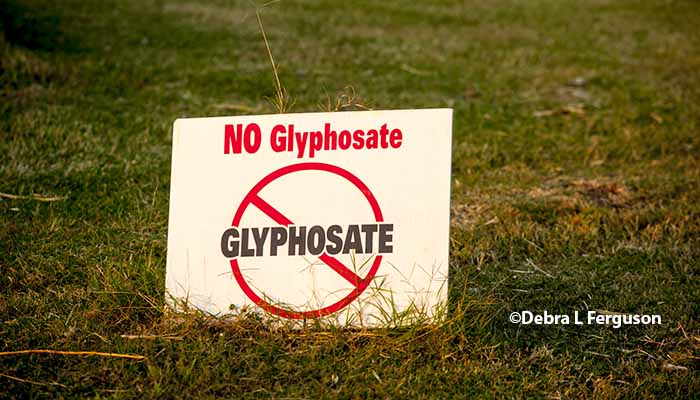 Does it seem to you that, in general, people are not as healthy as they used to be? Earth Matters, the 350VT Manchester environmental group, has begun a 90-day challenge to educate folks about pesticide use, and how it may be impacting our health, including our vulnerability to Covid-19. The goal is to restore the health of our environment — the soils, waterways, food, landscapes — for ourselves and for future generations. The group will reach out to schools, garden clubs, landscapers, medical practitioners, and others to participate in disseminating information about these toxic chemicals in food production and land management.
Does it seem to you that, in general, people are not as healthy as they used to be? Earth Matters, the 350VT Manchester environmental group, has begun a 90-day challenge to educate folks about pesticide use, and how it may be impacting our health, including our vulnerability to Covid-19. The goal is to restore the health of our environment — the soils, waterways, food, landscapes — for ourselves and for future generations. The group will reach out to schools, garden clubs, landscapers, medical practitioners, and others to participate in disseminating information about these toxic chemicals in food production and land management.
Earth Matters has prepared a PowerPoint presentation about glyphosate, the main ingredient in the weed killer Roundup. We chose to focus on glyphosate for three reasons: it’s the most widely used herbicide in the world, there is a huge amount of research on it, and just about every person in the US has detectable levels of glyphosate in their body. According to the VT Agency of Agriculture, glyphosate use increased by almost 10,000 pounds from 2013 to 2018, by which time there were 279 other pesticides used in Vermont.
Glyphosate has been found in lakes, rivers, rainwater, soil, human urine, and in most food we consume. Studies show that the toxic chemical interferes with the function and production of hormones, disrupts the gut microbiome, and contributes to liver disease. Think about the tremendous increase in autoimmune diseases, cancer, obesity, and diabetes among the general population. Since Roundup was introduced in 1974, the rate of autism among children has risen from one child in 5,000 to one in 54 in 2020. In 2015, the World Health Organization declared that glyphosate is a “probable human carcinogen.”
Farmers who utilize conventional farming techniques use genetically modified (GMO) seeds so they can spray Roundup on their crops to kill weeds. It is also used by homeowners, landscapers, power companies and town crews, among others. Not only is the use of powerful herbicides like Roundup unnecessary, it is dangerous; as well as adversely affecting human health, it kills bees and butterflies and microbes in the soil. There are many successful organic alternatives available.
Pesticide use will continue to rise unless consumers take action. Buy food raised without pesticides and use organic lawn care practices. For more information and to join this challenge, go to the Earth Matters facebook page – facebook.com/groups/596932523983452 – or email [email protected].



